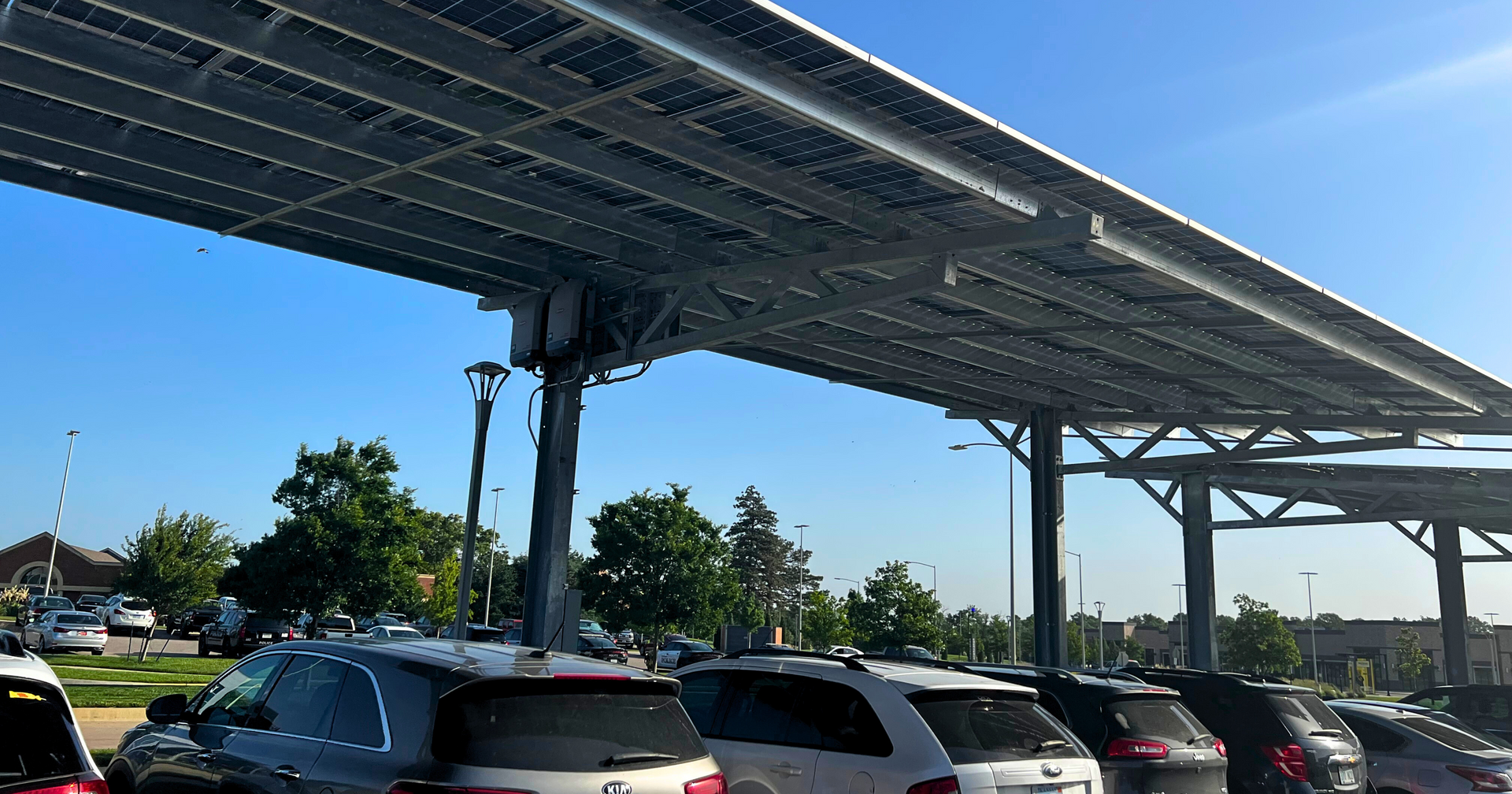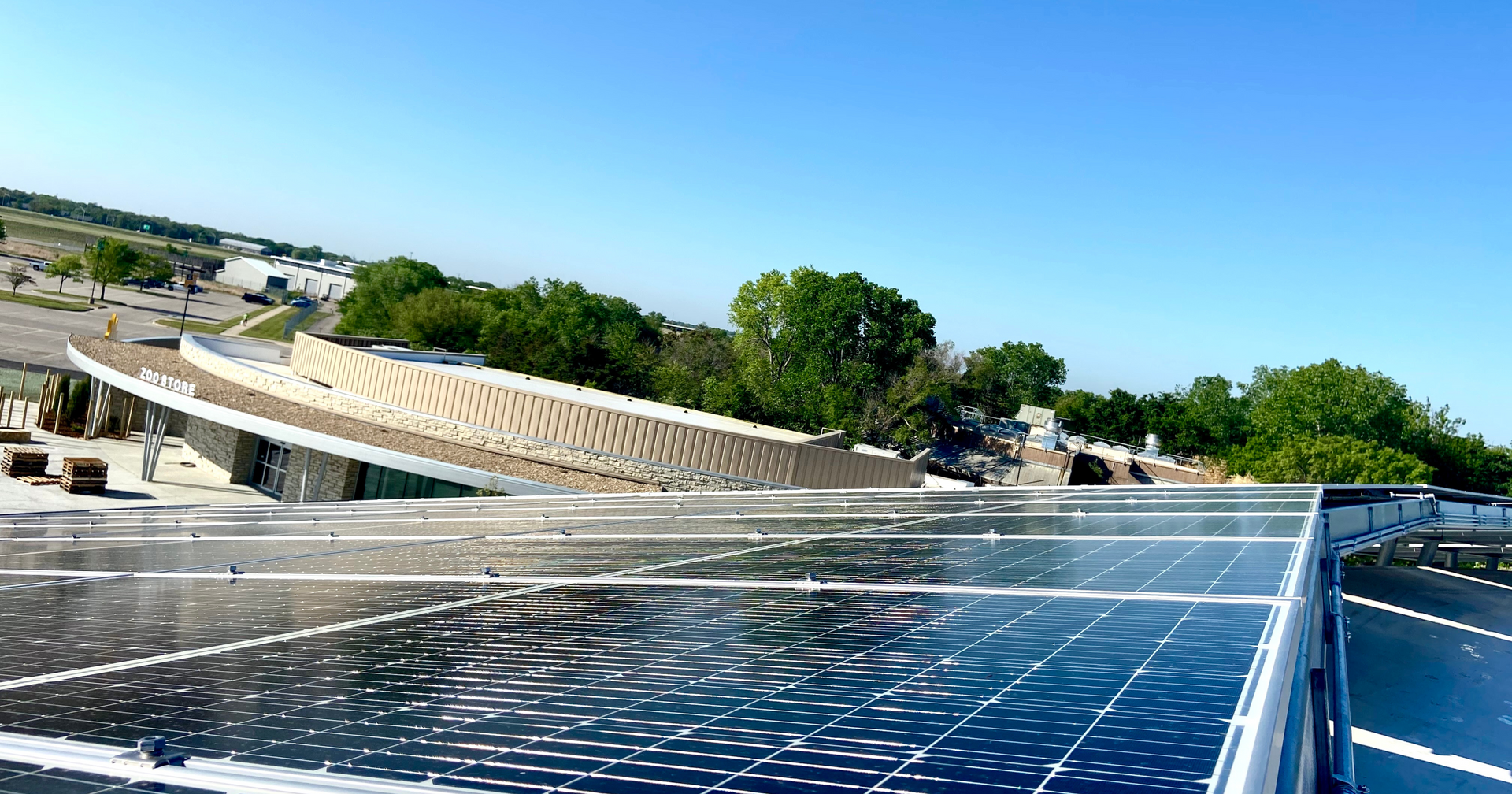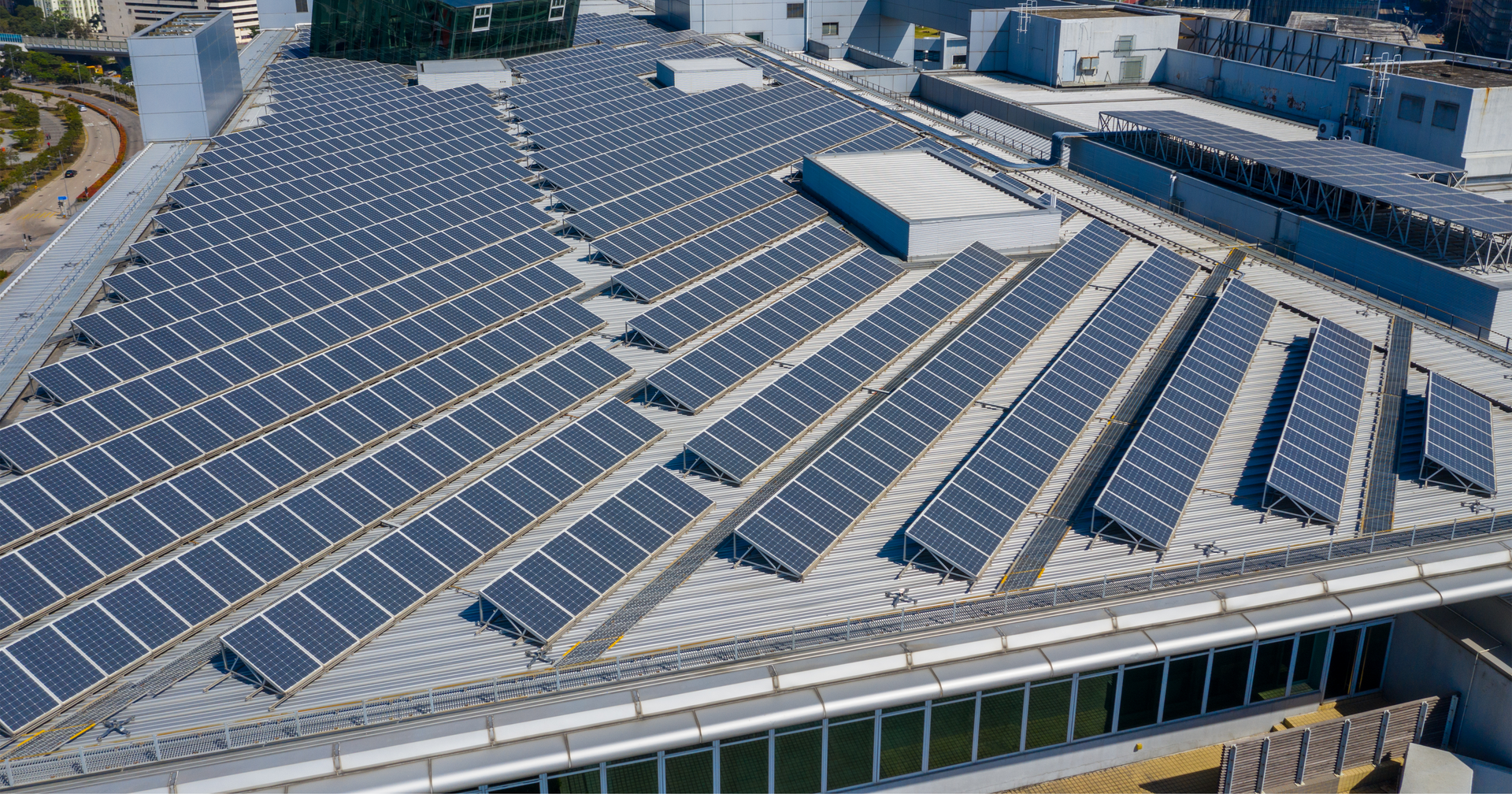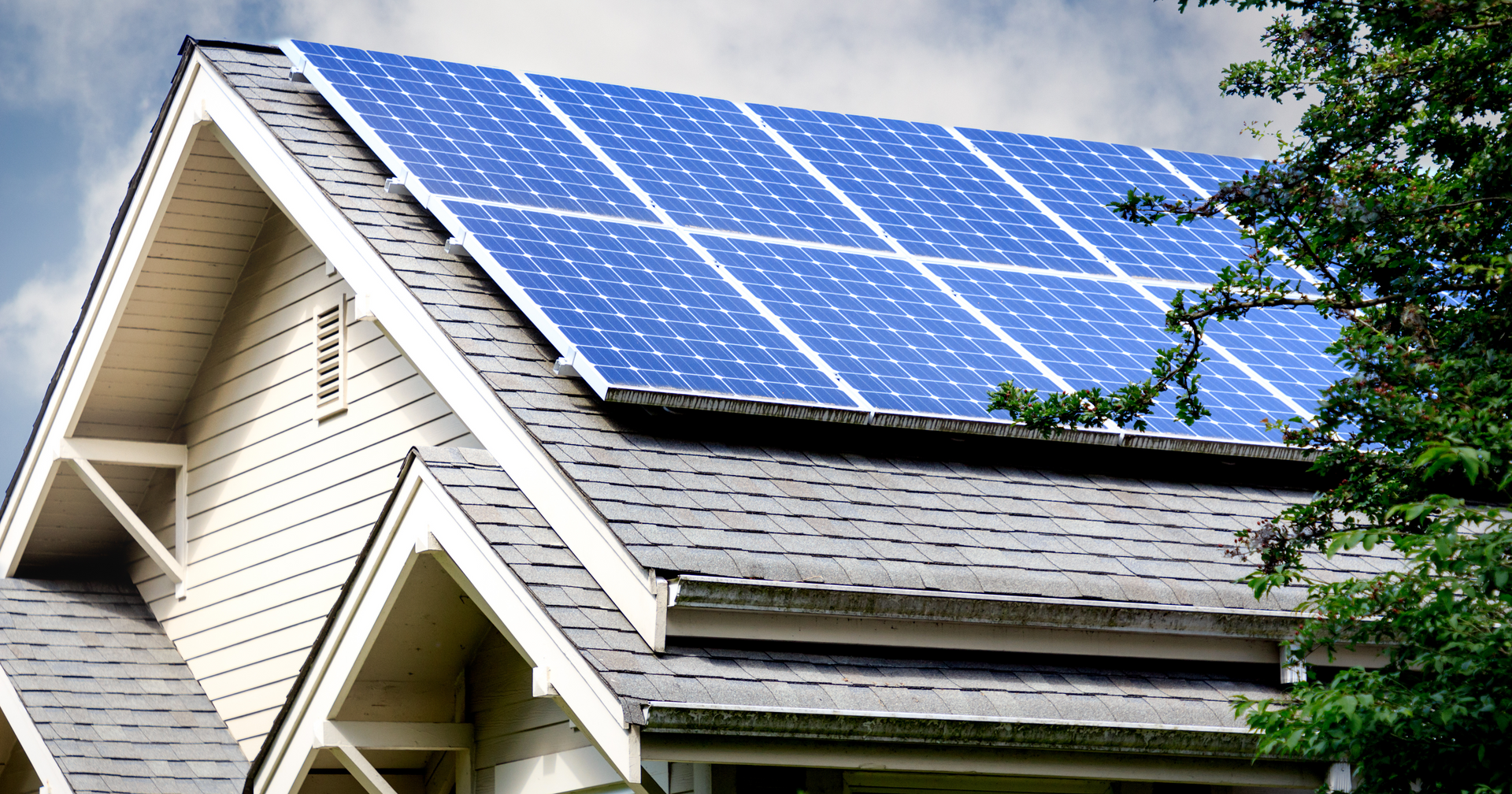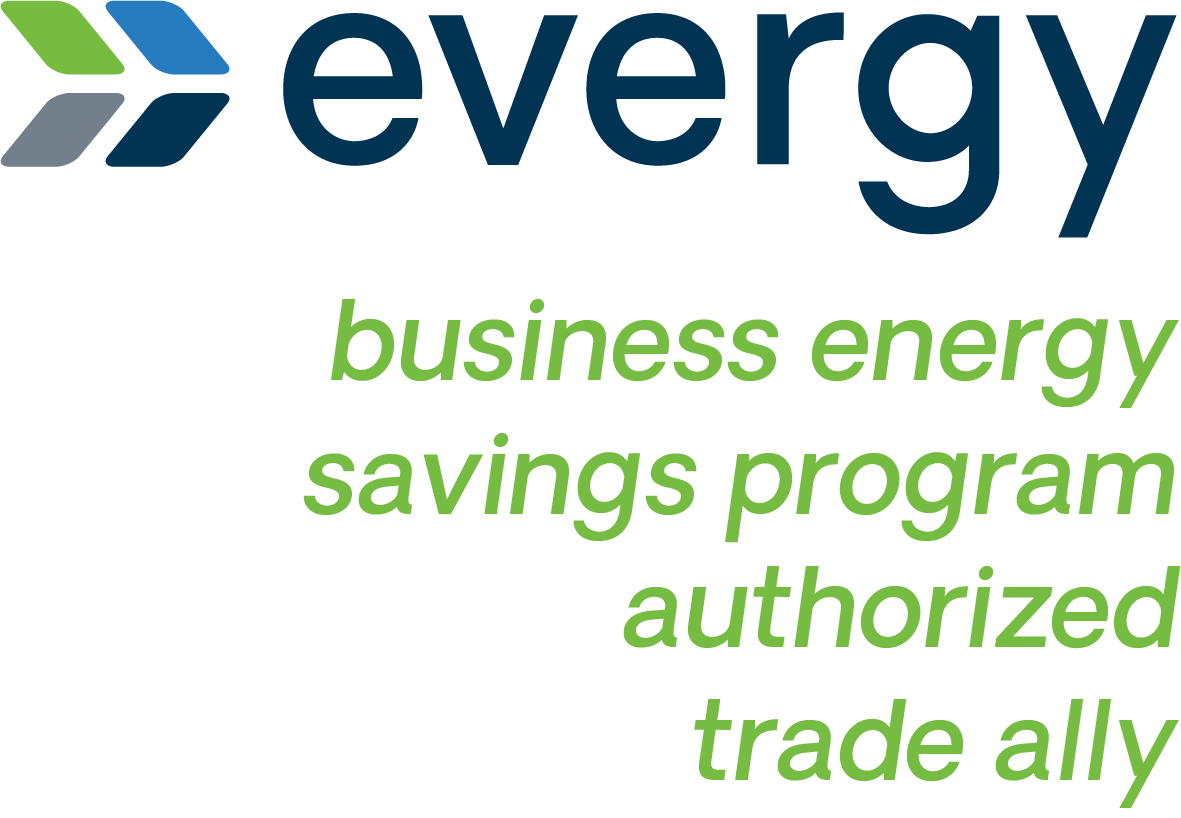Solar Energy for Homes: How to Choose the Right System for Going Solar
Shining Light on Solar Energy: Choosing the Perfect Solar System for Your Home

With the increasing demand for clean and renewable energy sources, solar power has emerged as an attractive option for homeowners. Installing a solar energy system not only helps reduce carbon emissions but also offers long-term financial benefits. However, choosing the right solar system for your home can be a daunting task.
- Assessing Your Energy Needs: Before diving into the world of solar energy, it's crucial to evaluate your household's energy consumption. Consider your average monthly electricity usage, peak demand times, and any potential changes in the near future. This assessment will provide a foundation for determining the size and capacity of the solar system you require.
- Understanding Different Solar Panel Types: Solar panels come in various types, including monocrystalline, polycrystalline, and thin-film. Each type has its advantages and disadvantages in terms of efficiency, aesthetics, and cost. Researching and comparing these options will help you select the panels that best suit your needs and budget.
- Evaluating Solar Inverter Technologies: Solar inverters play a crucial role in converting the DC power generated by solar panels into usable AC power for your home. There are three main types of inverters: string inverters, microinverters, and power optimizers. Each has unique characteristics and impacts the overall performance of your solar power system. Understanding the differences will enable you to choose the most suitable option for your specific requirements.
- Assessing Roof Suitability: The orientation, pitch, and available roof space are vital considerations when installing solar panels. Ideally, your roof should receive ample sunlight throughout the day without any significant shading obstructions. Moreover, the structural integrity of your roof should be evaluated to ensure it can support the added weight of the solar panels.
- Exploring Financing and Incentives: Going solar involves an upfront investment, but it can result in long-term savings. Research different financing options such as solar loans, leases, or power purchase agreements (PPAs) to determine the most financially viable option for you. Additionally, explore any local or federal incentives, tax credits, or rebates that can help offset the installation costs.
- Researching Solar Installation Companies: Selecting a reputable solar installation company is crucial for a successful solar project. Look for experienced and certified installers, like Alternative Electric, who have a track record of delivering quality installations.
Investing in a solar energy system for your home is a significant decision that requires careful consideration of various factors. By assessing your energy needs, understanding different solar technologies, evaluating roof suitability, exploring financing options, and researching solar installers, you can confidently select the right solar system for your home. Embracing solar power will not only contribute to a greener future but also provide long-term energy savings for your household. Contact Alternative Electric today!
